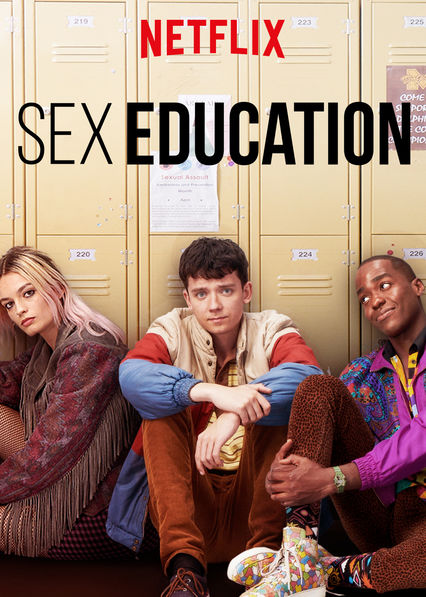
TV Critic Eleaner Cross checks out Netflix’s latest show Sex Education, which doesn’t shy away from topics usually left unspoken
When I first started watching Sex Education I thought it was going to be another tacky Riverdale-esque teen drama that I just don’t have time to watch when deadlines are fast approaching, but my opinion was quickly changed by the end of the first episode. Whilst it still had these cheesy elements that are so prevalent in teen TV, Sex Education has such an informative underlying message that any young adult can relate to it. We shouldn’t be ashamed of sex or asking questions about it. Everyone experiences it. Everyone has embarrassing stories about it. Sex Education doesn’t shy away from these topics, either, rather it embraces and runs with them. The show centres around a seventeen-year old boy, Otis, who lives with his sex therapist mother, played by Gillian Anderson. At school, despite having never had sex, or been in a relationship himself, Otis uses his mother’s sex advice to help another kid, and as a result, he and his friend Maeve start an underground sex clinic where kids can come for advice. This advice ranges from body confidence, to how to get the girl, to how to get over someone, all of which is advice I’m sure most, if not all, people have needed at some point in their lives. The advice ranges from body confidence, to how to get the girl, to how to get over someone
Most notable is the episode where (spoiler alert) Maeve has an abortion. I cannot recall a scene in a show for young adults where the procedure of abortion is shown in as much detail. From the nurse telling Maeve what to expect, to the post-operation care, this show showed the side of abortion that is usually brushed over. We also see a plethora of relationships and sexualities, all of which are treated completely equally and normally, rather than the norm of heterosexuality being pushed into the limelight.
There is an amalgamation of British and American culture that is at first confusing: they have clear English accents, but they seem to live in a rural American town? They go to a sixth form, but the boys wear letterman jackets? I’m not entirely sure why this is, but we quickly learn to accept that that’s just what is happening here; there are far more important things to focus on. Will Maeve choose Jackson or Otis? Will Otis fix his problem? Will Eric continue to be one of the most amazing characters on Netflix? Season 1 left us on a few different cliff hangers, and I will have no choice but to watch the second season just so I can see how it all pans out.
Comments